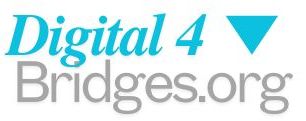The United Nations World Food Programme (WFP) has successfully implemented a blockchain-based system, Building Blocks, to improve the efficiency and transparency of its humanitarian aid delivery. This innovative approach has been particularly effective in assisting Syrian refugees in Jordan.
By utilizing blockchain technology, WFP has been able to:
- Enhance Transparency: The immutable ledger ensures that all transactions are recorded transparently, allowing for real-time tracking of aid distribution.
- Reduce Costs: Eliminating intermediaries has streamlined the process, resulting in significant cost savings that enable more funds to reach beneficiaries.
- Empower Beneficiaries: Refugees receive assistance directly through blockchain-based accounts, granting them greater control over their resources.
Since its inception, Building Blocks has facilitated the secure transfer of millions of dollars in aid to over 100,000 refugees, demonstrating the potential of blockchain to revolutionize humanitarian assistance.
For more insights into how blockchain is transforming NGO operations, stay tuned for our upcoming reports.
